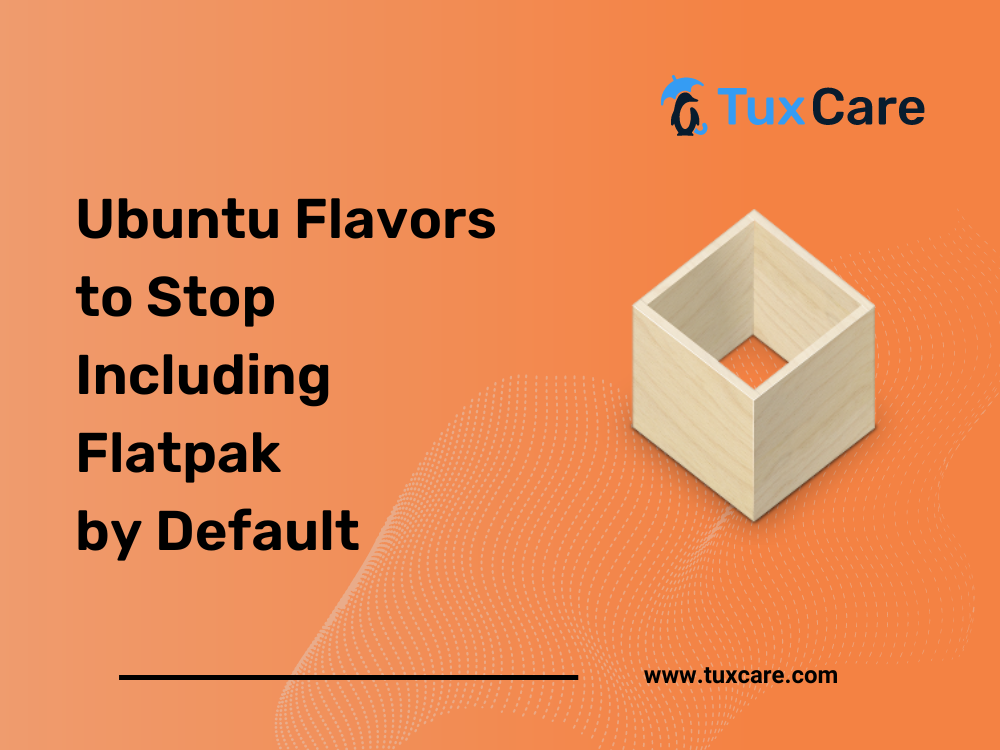Ubuntu Flavors to Stop Including Flatpak by Default
Recently, Canonical announced that all Ubuntu Flavors would not include Flatpak by default. Flatpak was introduced to Ubuntu several years ago with the goal of providing a user-friendly way to install and run applications that are not available in the Ubuntu repositories. Surprisingly, Ubuntu flavors have recently decided to stop their support for Flatpak for various reasons.
Different Linux distributions have different approaches to deploying and managing packages. For example, Debian-based systems (including Ubuntu) use the Advanced Package Tool (apt) by default, while RHEL and similar distributions use yum and rpm.
Furthermore, certain developers may employ sandboxed applications within their own isolated environments and include all the necessary dependencies and libraries required to run the application on any Linux system.
Flatpak is a package management system that enables users to install and run applications across different Linux distributions. It eliminates dependency issues and makes it easier for developers to package applications.
However, Ubuntu’s official flavors have decided to stop using Flatpak as their default packaging system. The eight official flavors of Ubuntu include Kubuntu, Lubuntu, Ubuntu Budgie, Ubuntu Kylin, Ubuntu Mate, Ubuntu Studio, Ubuntu Unity, and Xubuntu.
Why did Ubuntu stop Supporting Flatpak by default?
According to Ubuntu, the main purpose of this move is to enhance the initial Ubuntu experience for novice users by providing them with a more distinct understanding of what the “Ubuntu experience” is.
Another important reason for discontinuing support for Flatpak is its limited user control. Flatpak applications are sandboxed, restricting access to system resources, including hardware devices. While this is a vital security feature, it means that users have limited control over the application and its settings, which some users find restrictive.
Also, Flatpak does not follow the same security model as the Ubuntu repositories, which could lead to security vulnerabilities.
The decision by some Ubuntu flavors to stop supporting Flatpak has generated a lot of discussion and debate within the Linux community. However, it is essential to note that flatpak will still be available in the Ubuntu repositories for users who wish to continue using it.
So Flatpak is not installed by default does not mean you are not able to install and use Flatpak in Ubuntu flavors. Also, Flatpak will not be removed when upgrading Ubuntu to the new version if it is already installed on the system.
Conclusion
Some developers love using Flatpak as it provides a means for developers to distribute applications that are not available in the Ubuntu repositories. It also enables users to try new applications easily without worrying about dependencies.
The decision has sparked extensive discussion and debate within the Linux community. While some users and developers express disappointment, others are embracing the change. Ultimately, the decision to stop using Flatpak will depend on the user’s preferences and use cases.
The sources for this article include a story from TheRegister.



 Documentation
Documentation Login
Login



